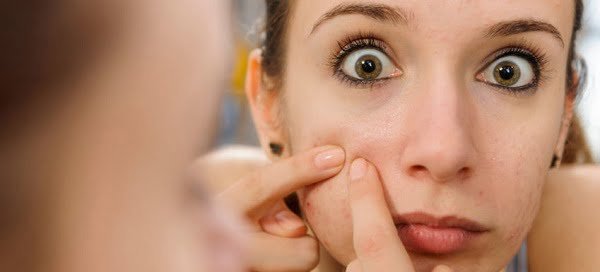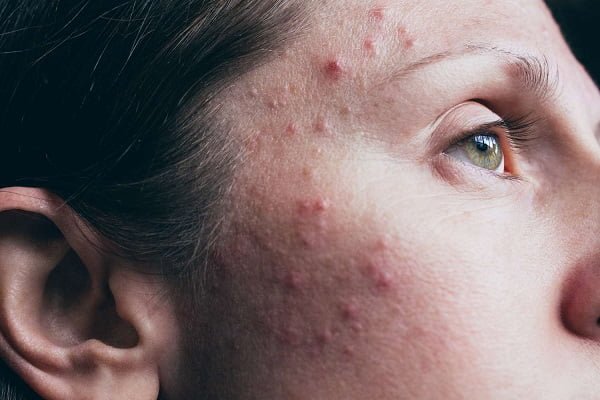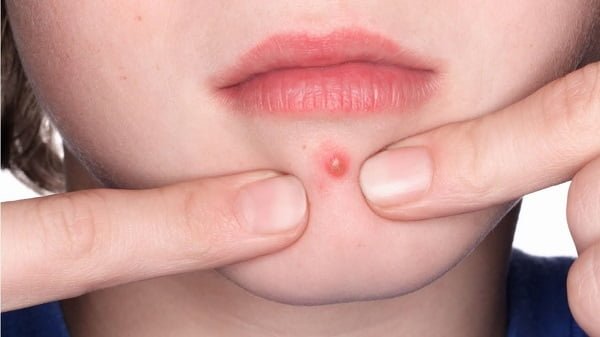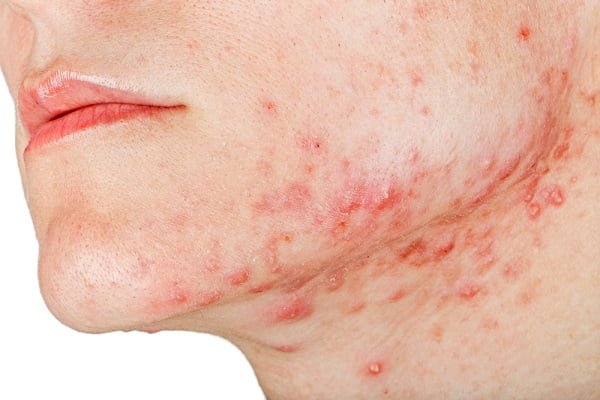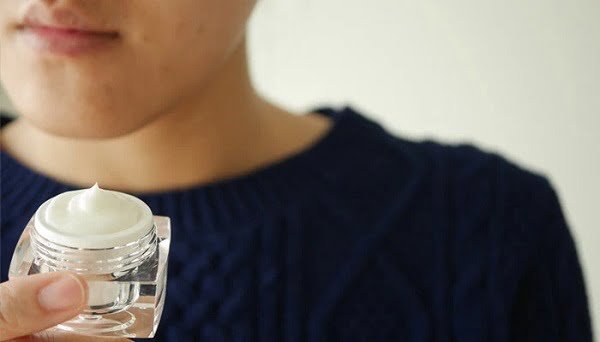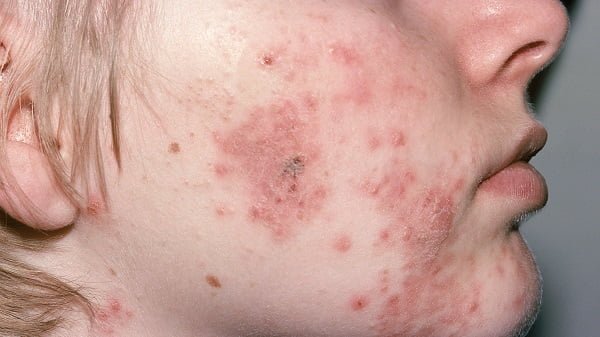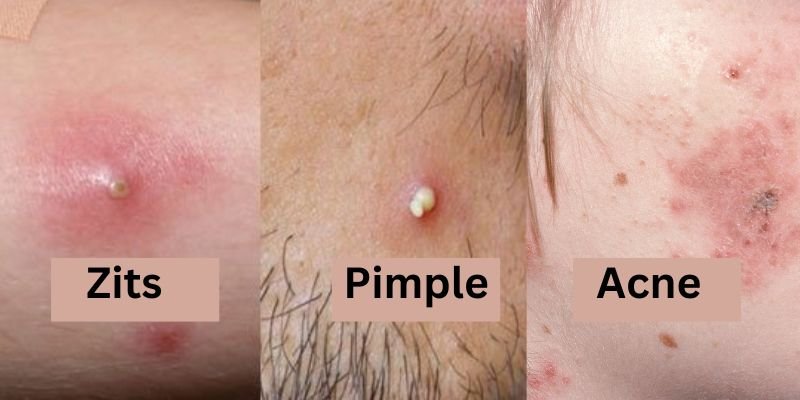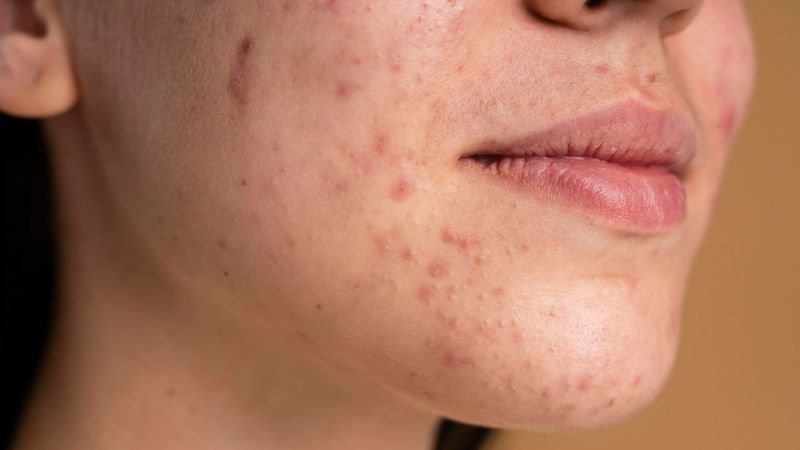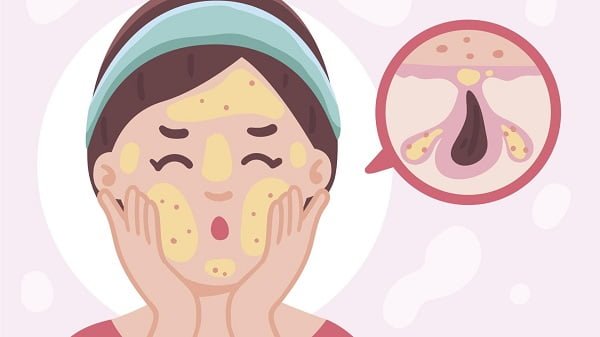Introduction
Acne is a prevalent skin condition that affects individuals of all ages and genders, but females often find themselves grappling with unique triggers and challenges. Why Am I Getting Cystic Acne All Of A Sudden? Understanding the specific factors that contribute to acne in females is crucial for effective management and treatment. In this blog, we delve into the various causes of acne in females, shedding light on the underlying factors that can exacerbate breakouts.
Hormonal Fluctuations: A Major Contributor to Acne in Females
One of the primary causes of acne in females is hormonal fluctuations. Fluctuations in hormone levels, particularly estrogen and progesterone, can lead to increased sebum production, clogged pores, and inflammation, resulting in acne breakouts. Common hormonal triggers include:
- Menstrual Cycle: Many females experience acne flare-ups in the days leading up to their menstrual period due to changes in hormone levels, specifically fluctuations in estrogen and progesterone.
- Puberty: During puberty, females undergo significant hormonal changes, which can stimulate the sebaceous glands to produce more oil, leading to acne breakouts.
- Pregnancy: Pregnancy hormones, such as estrogen and progesterone, can cause acne in some females. While some expectant mothers experience clearer skin during pregnancy, others may develop pregnancy-related acne.
- Menopause: Hormonal changes during menopause, including a decline in estrogen levels, can contribute to acne in females. Post-menopausal acne is not uncommon and may require specific treatment approaches.
Stress: The Silent Aggravator of Female Acne
Stress is another significant factor that can exacerbate acne in females. When the body is under stress, it releases cortisol, a hormone that stimulates the sebaceous glands to produce more oil. This excess oil can clog pores and contribute to acne breakouts. Additionally, stress can weaken the immune system, making it more difficult for the body to fight off acne-causing bacteria.
Dietary Factors: Fueling or Fighting Acne in Females
While the relationship between diet and acne is complex and varies from person to person, certain dietary factors may play a role in triggering acne breakouts in females. High-glycemic foods, dairy products, and foods rich in saturated fats have been associated with increased acne severity in some individuals. On the other hand, consuming a balanced diet rich in fruits, vegetables, whole grains, and lean proteins can support overall skin health and may help reduce acne incidence.
Skincare Products and Makeup: Friend or Foe?
The skincare products and makeup that females use can also influence the development of acne. Some skincare products, particularly those containing comedogenic ingredients or harsh chemicals, can clog pores and exacerbate acne breakouts. Similarly, certain makeup products, especially those that are heavy or oil-based, can contribute to pore congestion and acne formation. Opting for non-comedogenic, oil-free, and dermatologist-tested products can help minimize the risk of acne flare-ups.
Pop and Spread: The Dangers of Popping Pimples in Females
Another significant factor contributing to acne in females is the habit of popping pimples. While it may be tempting to squeeze or pick at blemishes, this can lead to more significant issues, including the spread of acne. When pimples are popped improperly, bacteria, oil, and debris can be pushed deeper into the skin, causing inflammation and potentially leading to the development of new breakouts in surrounding areas. Additionally, popping pimples can increase the risk of scarring and prolong the healing process. It’s essential for females to resist the urge to pop pimples and instead adopt gentle skincare practices and seek professional guidance for effective acne management.
Conclusion: Empowering Females to Combat Acne
Acne in females can be influenced by a myriad of factors, from hormonal fluctuations and stress to dietary choices and skincare habits. By understanding the specific causes of acne in females and adopting targeted prevention and treatment strategies, individuals can take proactive steps to manage their acne effectively and achieve clearer, healthier skin. Remember, seeking guidance from a dermatologist can provide personalized insights and recommendations tailored to your unique skin needs and concerns.
Faq related to "What causes acne in Females"
Hormonal fluctuations, stress, dietary factors, skincare products, and the habit of popping pimples are among the primary causes of acne in females.
Hormonal changes during the menstrual cycle, puberty, pregnancy, and menopause can lead to increased sebum production, clogged pores, and inflammation, resulting in acne breakouts.
Yes, stress can exacerbate acne in females by stimulating the production of cortisol, a hormone that increases oil production in the skin and weakens the immune system, making it more difficult for the body to combat acne-causing bacteria.
Certain dietary factors, such as high-glycemic foods, dairy products, and foods rich in saturated fats, have been associated with increased acne severity in some females. Consuming a balanced diet consisting of fruits, vegetables, whole grains, and lean proteins can support overall skin health and may help reduce acne incidence.
Skincare products and makeup containing comedogenic ingredients or harsh chemicals can clog pores and exacerbate acne breakouts in females. Choosing non-comedogenic, oil-free, and dermatologist-tested products can help minimize the risk of acne flare-ups.
Yes, popping pimples can contribute to the spread of acne in females. Improperly popping pimples can push bacteria, oil, and debris deeper into the skin, causing inflammation and potentially leading to the development of new breakouts in surrounding areas. It can also increase the risk of scarring and prolong the healing process.
Females can prevent and manage acne effectively by adopting a comprehensive skincare routine, managing stress levels, maintaining a healthy diet, avoiding the habit of popping pimples, and seeking professional guidance from a dermatologist for personalized treatment options.

